The Belle Curves – Interview – Thanks for Asking!
Written by Staff on September 4, 2024
The Belle Curves – Interview – Thanks for Asking! – by Liam Sweeny.
We connected with Delaney Hafener of “The Belle Curves,” and we got the deets on an amazing musician.
RRX: Every artist’s first song is a milestone. But so is the latest song. Describe the first song/album you recorded, and also the latest song/album you recorded; what are the differences?
DH: I started recording my original music with the support of my dad who is now my guitarist and co-producer, and my mom helped me write the songs that we recorded. So my dad and I did our first professional recording sessions in Brooklyn at a great indie studio called The Kennel when I was 14. It was an amazing experience, and taught us a lot. Mainly that we wanted to be able to record ourselves, because the process of creating in the studio is really important to the sound, and paying for studio time and being aware of the clock ticking constantly make it hard to be creative the way I want to be. So we recorded 6 songs I think, and I’m pretty sure they’re still buried out there in the internet somewhere. I was very excited to finally be able to layer vocal harmonies and finally be able to hear the parts that I always heard in my head. The six songs were pretty eclectic musically, but I think I can hear a lot of where I’ve landed in that it was trying to draw from a lot of different american roots genres and bring them together in a contemporary way, albeit trying to that as well as a 14 year old can. So of course there are a lot of differences, and one of the big ones is that I’ve really been focusing more on my singing lately and learning to be very intentional about vocal delivery. Of course, it’s hard to list all the differences because I really was just a kid. But it was an amazing way to get my feet wet, and the support of my parents has made me extremely comfortable in recording studios in many contexts which has allowed me to explore recording as part of the creative process.
RRX: We have to play somewhere, and sometimes those places have more going for them than a stage and a power outlet. What is a memorable place you played, and bonus points if it’s not a well-known place.
DH: We’ve gotten to play some really memorable places. In 2020 and 2021, my parents and I ran a house concert series at our home in Suffolk County. The property was my grandparents’, and we had the opportunity to live there for a few years after they had passed. It’s a unique, 150-year-old farmhouse with 2 acres and an old barn that we essentially turned into a venue once a month for the whole summer. So memories of those nights are really special to me. The Belle Curves also played at a fancy resort hotel in the Catskills where the view behind us was overlooking the mountains in early October, that was a gorgeous, lovely gig. Speaking of power outlets, we’ve also done Porch Stomp on Governor’s Island a few different years, where we get on the ferry and spend the whole day on the island, and everyone performs truly unplugged because there’s no electricity. The people who go to the festival as listeners are so friendly and receptive. I love being around so many talented musicians all in one place. Porch Stomp is a really special event for anyone interested in any kind of folk, roots, old-time, acoustic or similar music.
RRX: You sing or you rap, you play guitar, play drums, what have you, you have no doubt struggled to learn music. Something probably tripped you up. What was it for each of you? What did you have to overcome (bands, pick a member)?
DH: I’ve been making music for so long and it’s always come quite naturally to me, but when I made the decision to start playing bass as a frontwoman in The Belle Curves, I had to actually practice for a few months in a way that I hadn’t before. It’s second nature now, but I decided that I really value my particular style as a bassist and I think people dig the unique combination of a bassist/frontperson. I started with songs I’d already written, and learning to play bass and sing them at the same time. Then I started learning my favorite songs that I was already quite familiar with. Now when I bring a new song to my band and I have to switch from playing it on guitar to figuring out a bass part, it comes a lot more naturally. And I play bass and sing in a bunch of friends’ bands so that also gives me practice at splitting my thinking into two parts and thinking about singing and bass simultaneously.
RRX: With services like Spotify, streaming revenue can be pretty dismal. Without spilling secrets, do you have a promotional mindset or philosophy?
DH: My promotional philosophy is twofold. Playing good shows is the most important thing to me. I want the performances to be cathartic for the audience and for me and whatever combination of a band I have with me on stage. A great show creates this positive energetic feedback loop that I just love, and hopefully that hooks people in to fall in love with the studio recordings. The other side of it is drawing people in online by trying to just be myself on social media. It’s still a curated version of myself, because it’s still social media and I value privacy, but I feel confident in being able to share an authentic version of myself with people online while still keeping it somewhat at arm’s length. And I don’t do TikTok, I mostly stick with Facebook and Instagram because I think it makes more sense to do a really good job on fewer platforms than to do a mediocre job on more platforms. Tiktok just isn’t for me and I think that’s fine! There’s still a lot of discovery power on Instagram, and I find it more predictable.
RRX: With the exception of singing, everyone has an instrument, an inanimate object that has the distinction of being a lifelong friend. Smooth or temperamental, these objects have a character. So pick someone to answer, can you tell us something special about what you play, your technique, your instrument?
DH: The baby blue bass that I play at all my gigs is a really special instrument that was built specifically for my playing by James DeNatale, another bassist friend of mine. We’re very different players, but he pays close enough attention to my style to know what would suit me and it means a lot to me to play that instrument. The body is a music master and the neck is Bronco, and he got the custom color to match the color palette I always go for. It’s really light, so it’s easy to play and sing, and the strings he chose are smooth physically like flat-wounds but still have the brightness of regular nickel-wounds. It’s just so easy to play, and again really conducive to playing and singing, especially on longer gigs. I have a 1979 Music Master that I usually opt for in studio settings and it’s so much heavier, it gets hard to play when I’ve been performing for an hour!
RRX: Let’s talk about your next project, your next few. Just not the ones you’re working on now. The ones you have your eyes on for the future. What’s coming to us?
DH: So of course I’m already thinking about the next projects as soon as this album is out! I had an idea recently to do an EP of sort of lofi early-60’s garage rock. I have a few different ideas for songs that are a lot simpler and more straight forward than my songwriting style has been lately, and they’re unfinished, so I think it would be fun to get a 4-piece band together and flesh out the songs together, taking a more collaborate approach to the actual writing process than I typically do, and record them all at the same time. So get together and 3 or 4 days in the studio and lay down 3 or 4 songs for a fiery little EP of hooky gritty power pop. And I’ve got another batch of songs that I want to record with a similar process as we did for the current album “Subject To Change,” where I choose which songs will fit together, fine tune them, and work with a drummer on very tight arrangements and then layer the songs on top of the drum tracks. I’ve also been kicking around the idea of doing some of my more folksy songs with a really simple recording setup, maybe even just my phone at my kitchen table, and recording them in one or two takes like they did in the old days and releasing that under my name instead of the band name. I have a lot of folk music influence and a lot of folk songs that I’ve written or play all the time and it would be an interesting and different process to just let the takes be what they are and be less intense about the whole process. More Alan Lomax and less Brian Wilson.
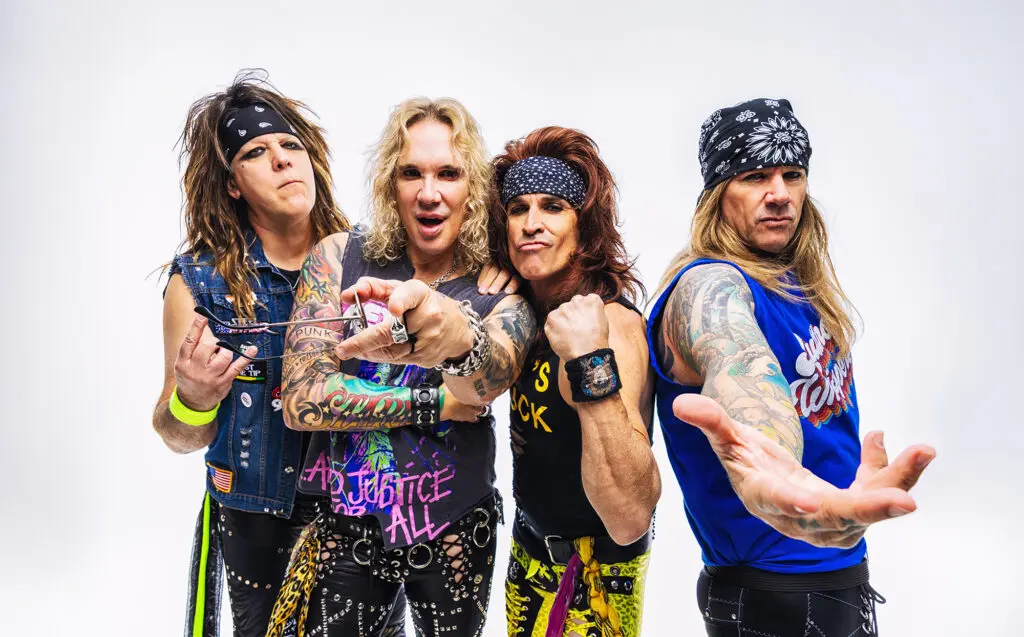
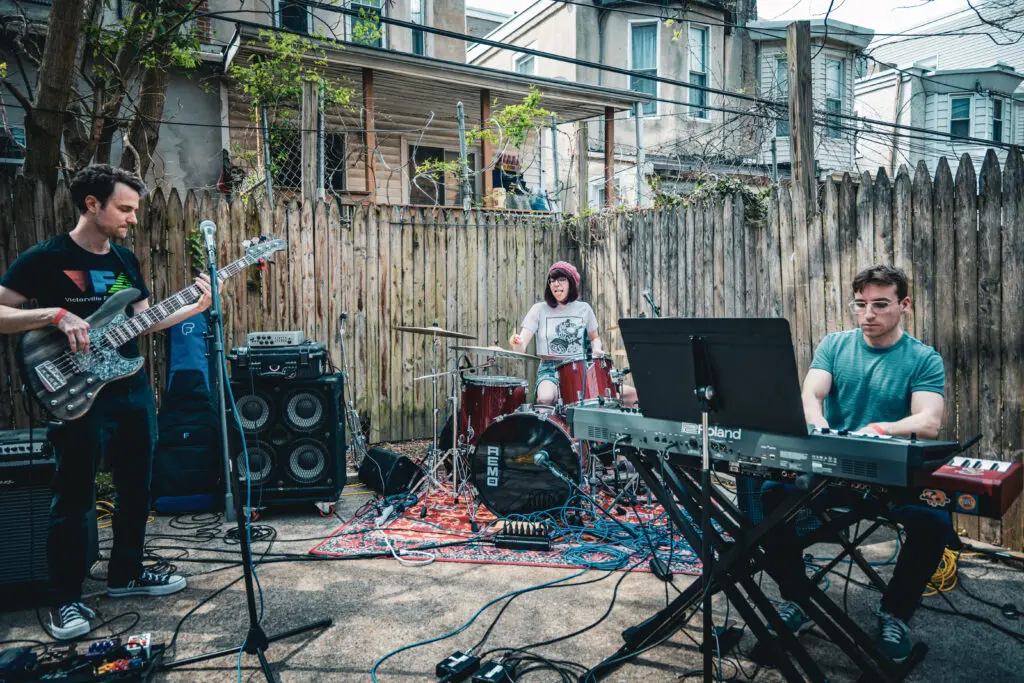
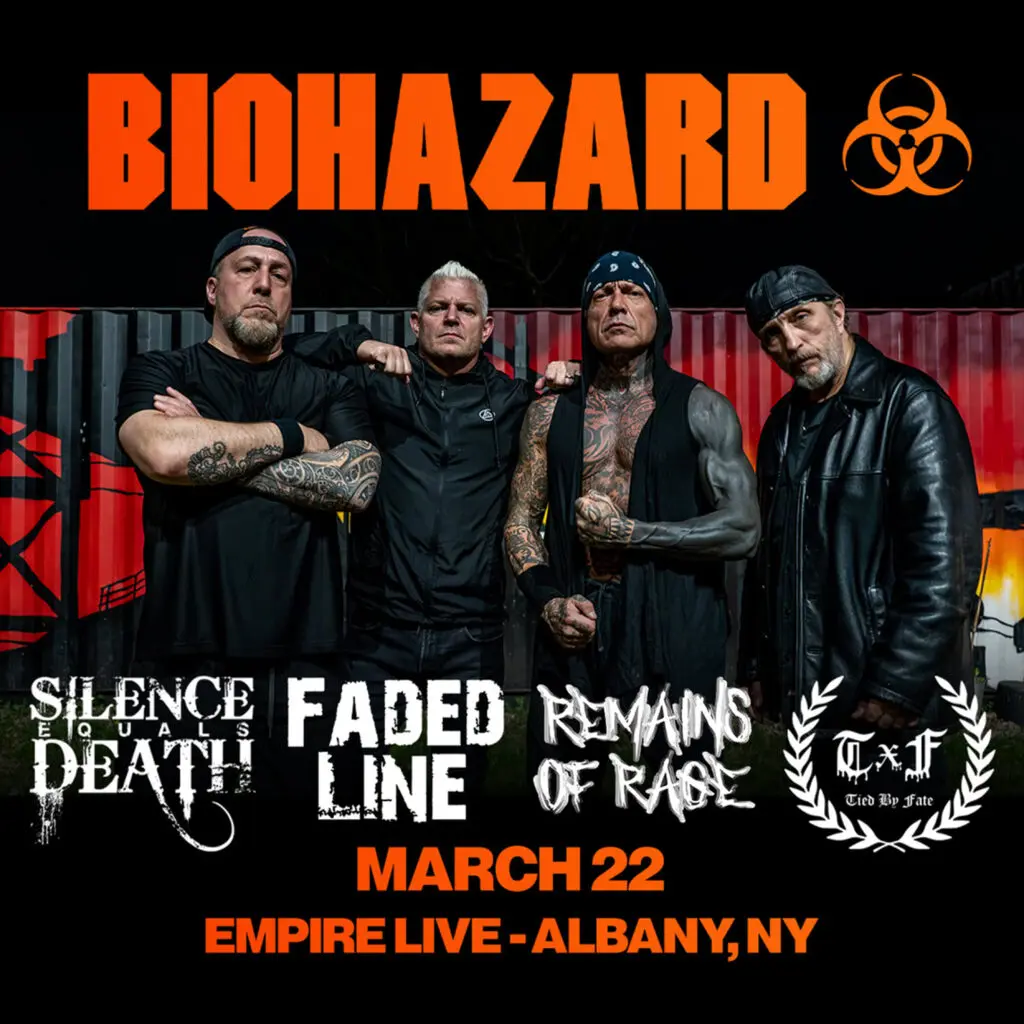
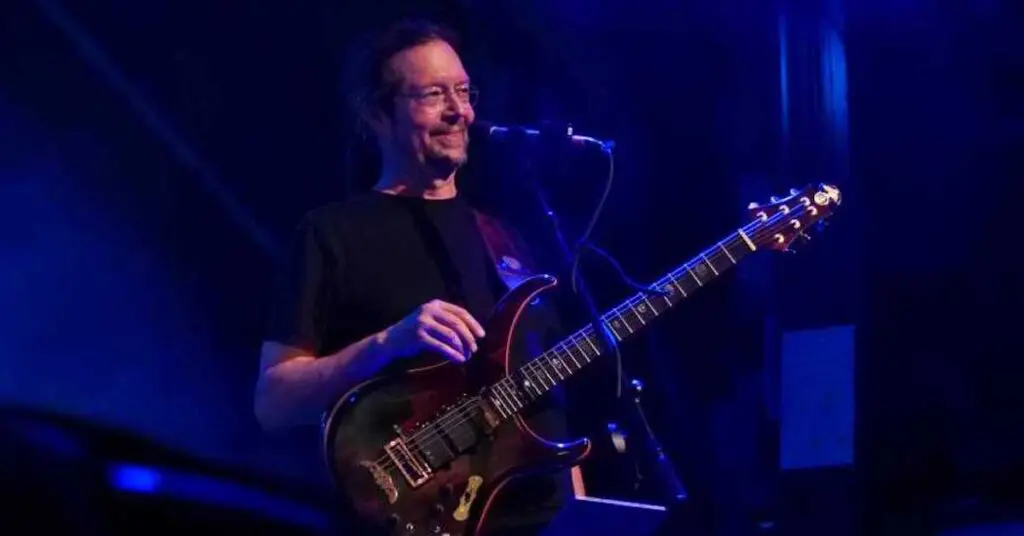
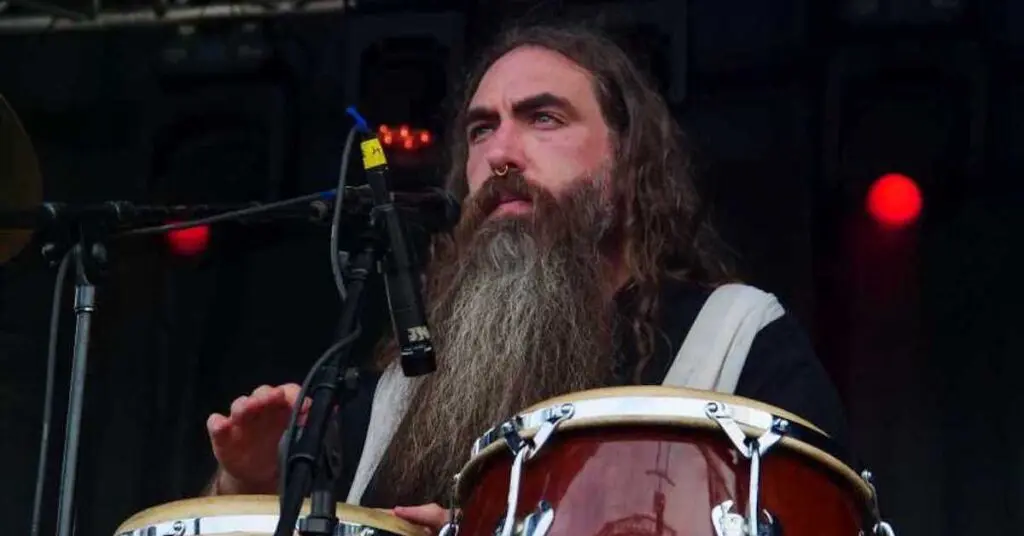
 RadioRadioX
RadioRadioX